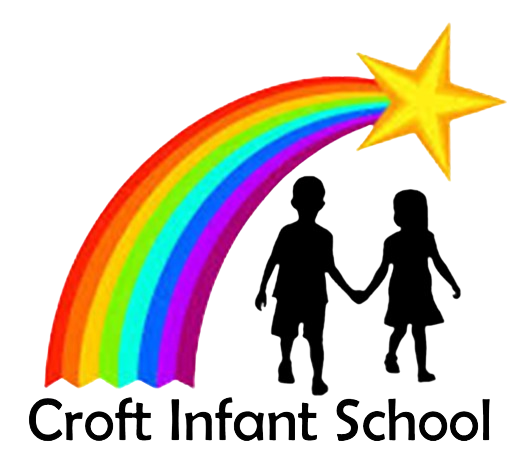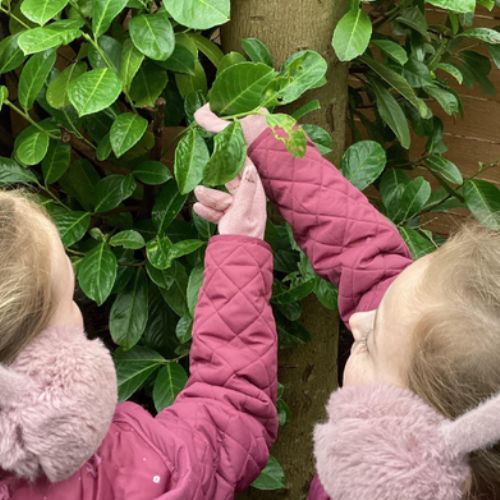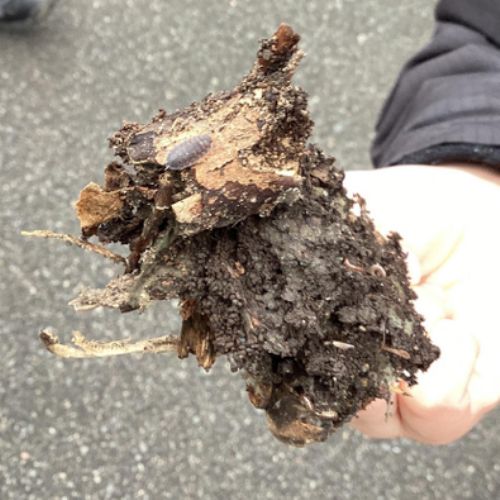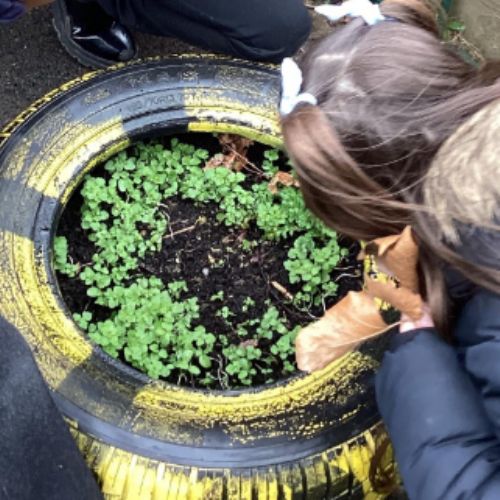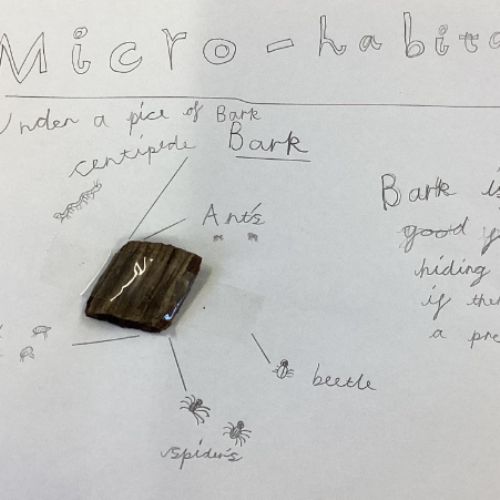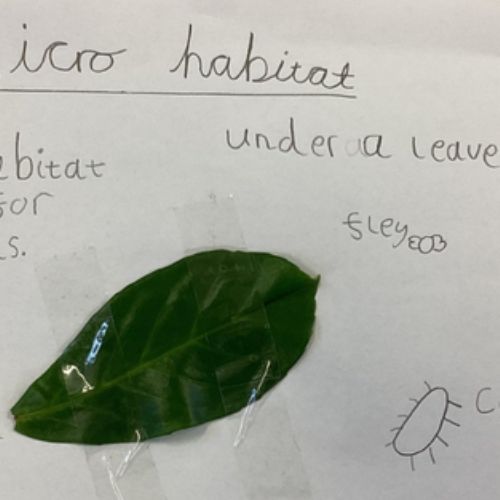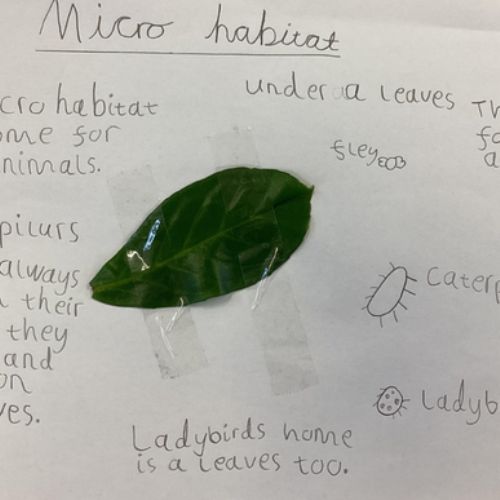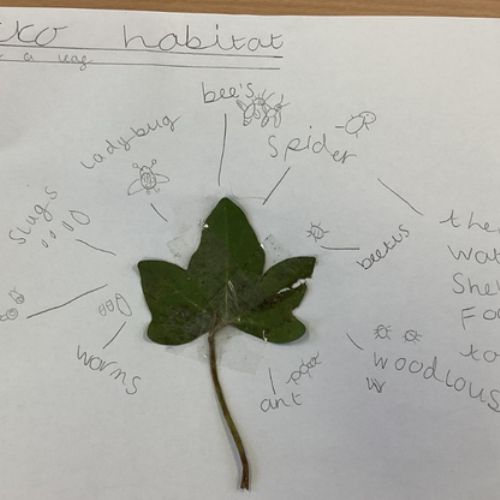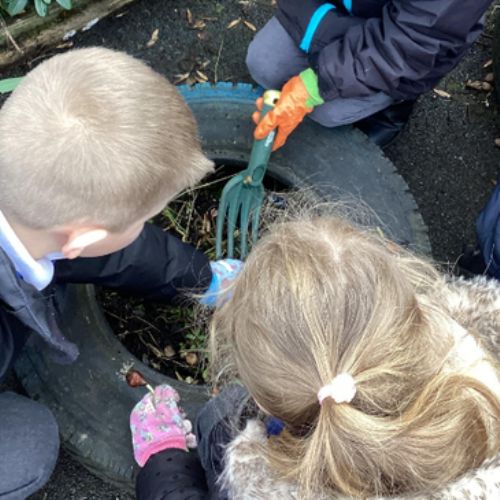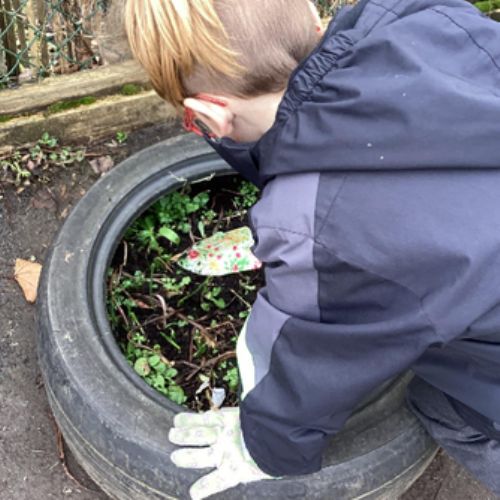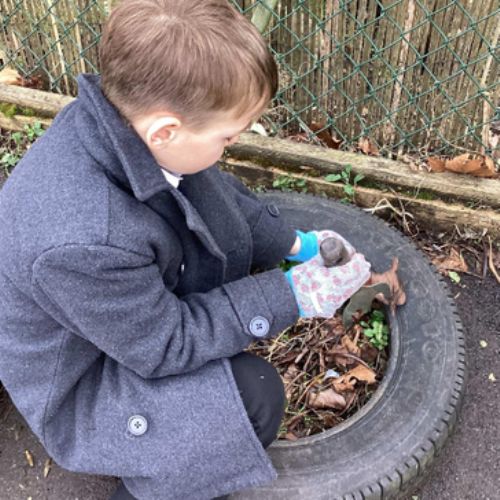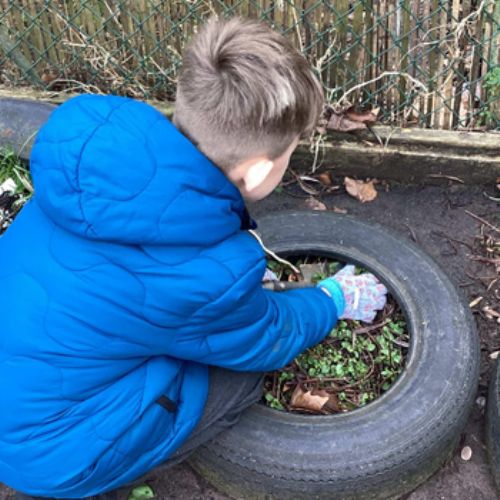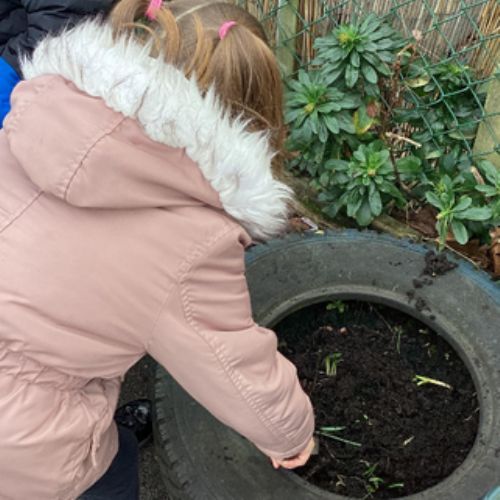Science!
Our fabulous Science lead is Mrs Wood!
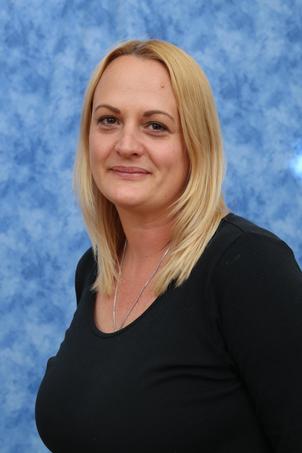
Intent of the Science Curriculum
The Science Curriculum at Croft Infant School aims to foster curiosity, develop scientific skills and provide a solid foundation for further learning. The key intent of Science education at Croft is to instil a love for the subject, promote critical thinking and problem-solving, and inspire a lifelong interest in the natural world. By nurturing children's natural curiosity and providing them with meaningful scientific experiences, excellent Science education in EYFS and Key Stage One ensures that pupils develop a solid understanding of fundamental scientific concepts while promoting their personal, social, and academic growth.
Implementation
Engaging and Relevant Curriculum
- Plan a relevant, engaging, and progressive curriculum that reflects the EYFS Early Learning Goals and the National Curriculum's key aims and objectives for Science in Key Stage 1
- Topics should be rooted in children's real-world experiences, making connections to their immediate environment.
- Practical investigations, demonstrations, and hands-on activities should be integrated into the curriculum to promote a deep understanding of scientific concepts.
- Children have opportunities to plan and research their own investigations.
Skilled Teaching Staff
- The school should ensure that teaching staff have excellent subject knowledge and pedagogical expertise in Science.
- They should create a stimulating learning environment by using engaging resources, interactive displays, and age-appropriate scientific equipment.
- Skilled teachers employ a variety of teaching strategies, such as questioning, modelling, and group work, to cater to diverse learning styles and abilities.
Inquiry-Based Learning
- Excellent Science education in the infant stage encourages inquiry-based learning, allowing children to explore and investigate scientific phenomena in a hands-on manner.
- Teachers should encourage pupils to ask questions, make predictions, and test their ideas.
- Practical investigations should be designed to develop pupils' skills in observing, predicting, classifying, and measuring, while promoting teamwork and independent thinking.
- Children should have opportunities to plan and research their own investigations based on a well-considered stimulus.
Cross-Curricular Links
- Integrating Science with other subjects, such as Mathematics, Literacy, and Art, enhances pupils' understanding and offers opportunities for meaningful cross-curricular learning.
- Good quality Science education in infants promotes the development of communication, literacy, and numeracy skills through science-related activities, discussions, and recording of findings in various formats.
Inclusion and Differentiation
- An effective Science curriculum ensures the inclusion and progress of all pupils. adaptive activities, resources, and support should be provided to meet the diverse needs of learners, including those with special educational needs or disabilities.
- More able pupils can be provided with appropriate challenge to extend their learning by using open-ended tasks or questioning to further deepen knowledge.
Impact
Over time, pupils will:
- Develop a strong understanding of scientific concepts appropriate to their stage of learning.
- Demonstrate a natural curiosity and enthusiasm for scientific phenomena and investigation.
- Use scientific vocabulary accurately and confidently when communicating scientific ideas.
- Develop scientific skills, such as observation, prediction, and classification, through practical investigation.
- Develop the ability to work collaboratively, think critically, and solve problems effectively.
- Show an increased awareness of the natural world and their place within it.
- Demonstrate an understanding of the importance of responsible behaviour towards living organisms and the environment.
The impact of high quality Science education in infants extends beyond academic attainment. Pupils become independent learners who approach science with confidence, curiosity, and a willingness to explore, laying the foundation for lifelong learning and the development of future scientists.
In science Year 2 have been learning about micro habitats and the three things that a micro habitat provides for the animals that live there. The children went out to the playground to look under leaves, stones, sticks and in soil to see what creatures we could find.
Look at some of our fabulous follow up work!
Science Opportunities at Forest Schools
-
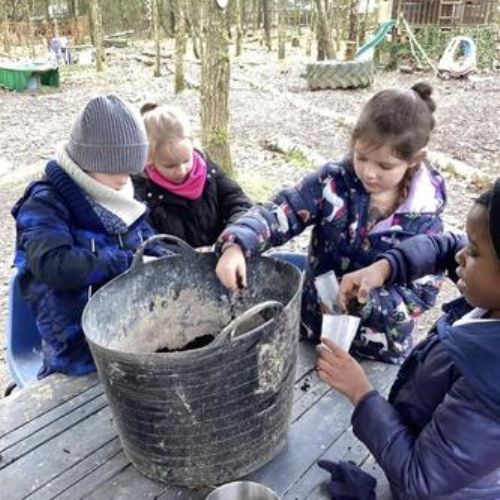
608e1aa5-2780-46fa-be2b-016c7d40f7001x1
-
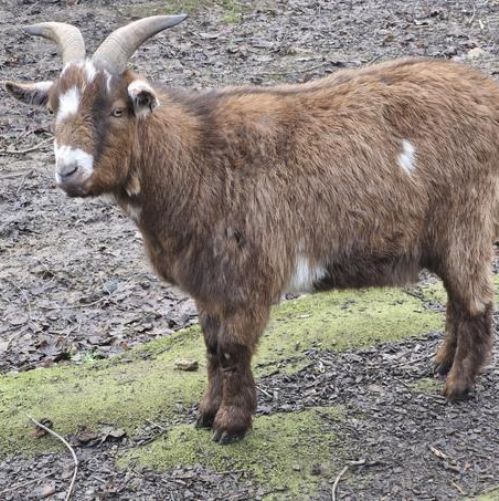
0dfd5189-5743-4207-8050-39bffddaa5611x1
-
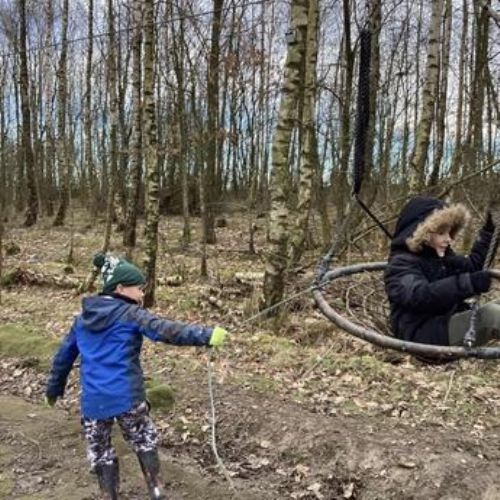
32c5e344-df29-4372-bd6c-71756cfe1be21x1
-
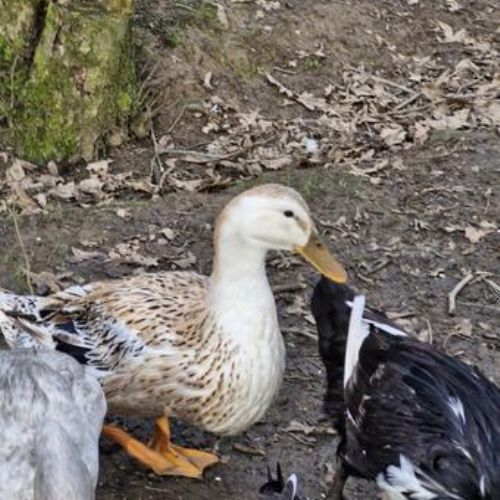
d341d309-d281-4257-9b42-88f222e2cd541x1
-
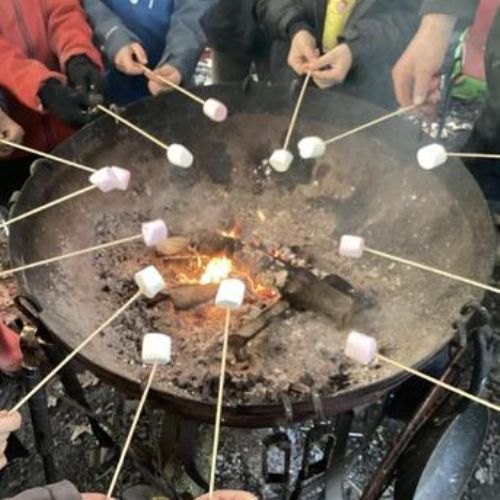
be1bd690-2e05-444a-a21e-5f30321209511x1
-
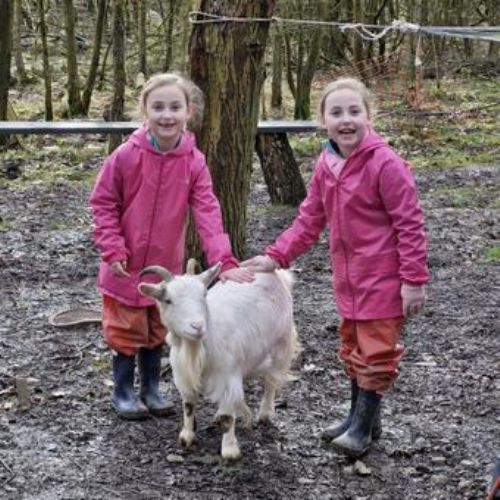
91a14e5d-5b0c-42b4-bc66-66213366c64b1x1
-
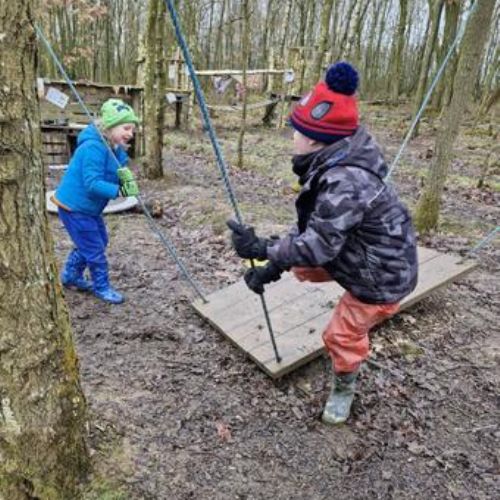
ca5325b5-4da7-450a-976a-d5a6a43021a41x1
-
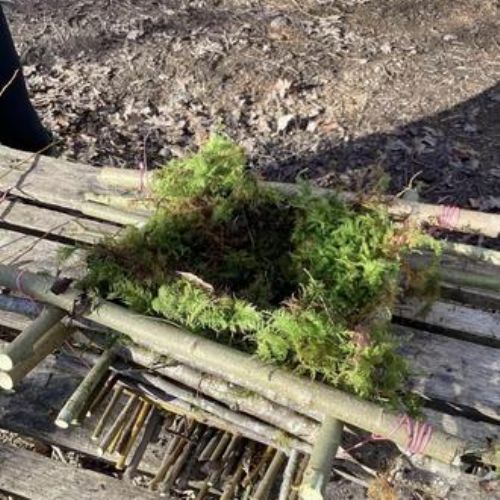
32f16f5b-9c88-4c17-a842-7b3bb86e14411x1
In preparation for their learning about plants and what they need to grow in the spring, the Y2 children planted different bulbs and seeds in the school playground, using different gardening equipment.
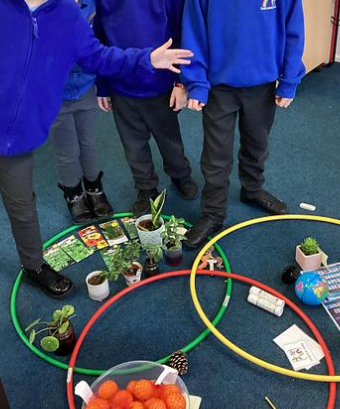
In science Y2 have been learning about objects that are living, dead and never been alive
